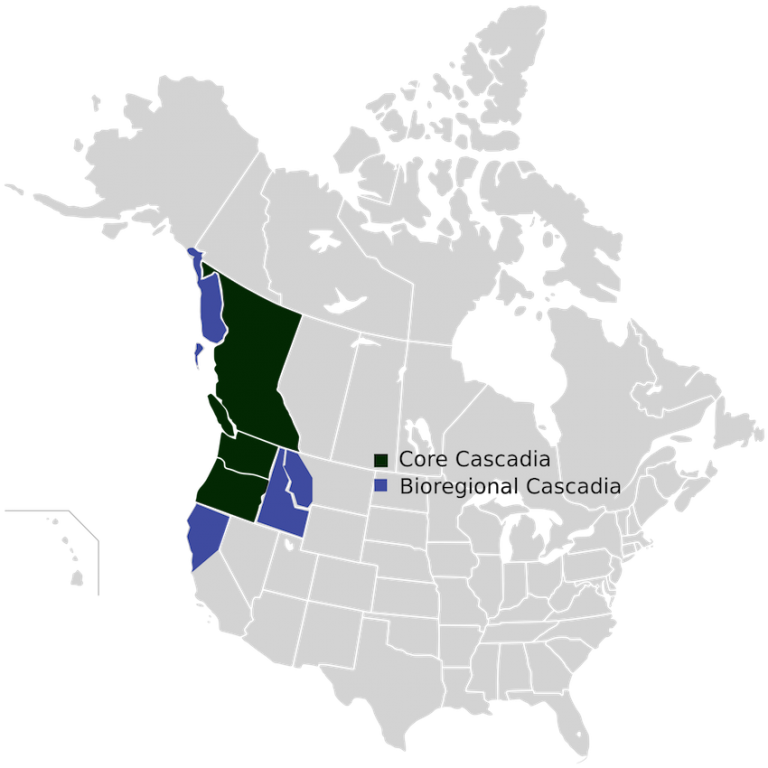Published on February 8, 2018

A central premise of Meeting of the Minds is that the flexibility, practicality, and focus of municipal governments make them ideal technological and social innovators. But can the ingenuity of U.S. cities be sufficiently amplified to effectively keep up with the pace of climate change, especially in the face of declining federal leadership?
Answering this question requires us to find the most effective scales for replicating urban progress. Metropolitan to regional scale programs can have the greatest impact, while household to district level projects are easiest to implement. Well-functioning cities and their staffs can help society achieve ambitious goals like reversing climate change and relieving global poverty, but that’s not what they are primarily paid to do. Instead, individual cities mostly aim their problem solving at local conditions. Fixing a pothole or increasing bus frequency can bring immediate relief to a neighborhood and kudos to a city council member.
Organizations like ICLEI and the US Conference of Mayors have long facilitated the sharing of these operational insights. As urban environmental issues have become more prominent, groups like the Urban Sustainability Directors’ Network and Rockefeller Foundation’s 100 Resilient Cities have become more influential. With the advent of smart technology as an urban focus, new groups like MetroLab Network, Global City Teams Challenge, and the World Council on City Data are now emerging.
Recognizing that most of the world’s tech corridors are built around the innovation coming from two or more collaborating research universities, Microsoft has been funding enhanced connectivity between UW and UBC through the Cascadia Urban Analytics Cooperative. The schools are now using this framework to actively expand research links in transportation, housing, public health, genomics, and law, as well as growing parallel training programs in “Data Science for Social Good.”
Continue reading at Meeting of The Minds
Originally posted on Meeting of the Minds by Johnathan Fink